International Disability Day 2021
The Member of Parliament for Klottey Korle, Dr Zanetor Agyeman-Rawlings, has expressed grave concern about the stigmatisation of Persons With Disability (PWDs) in the country.
She said despite the constitutional and legislative guarantees on the rights of persons with disability, the laws had not been adequately implemented resulting in PWDs continuing to face discrimination.
Delivering a statement on the floor of Parliament to mark the International Day of Persons with Disability (PWDs), last Thursday,
the Klottey Korle MP said the only way to carry PWDs along was to empower them to take advantage of opportunities and work together to eliminate the barriers of stigmatisation and discrimination.
The day was set aside by the United Nations to promote empowerment and help create real opportunities for persons with disability also known as differently abled persons.
She said the day also presented the opportunity to reflect on the special segment of the population and examine the extent to which “we have treated them or supported them to realise their full potential and also contribute to national development.”
The Global Framework
Dr Agyeman-Rawlings said when Ghana joined the rest of the world to adopt the global framework for the Sustainable Development Goals, we pledged to “leave no one behind”.
According to her, that pledge implied that the government and all other stakeholders must take steps to ensure the protection of the rights of PWDs and make investments to empower them with jobs, adequate healthcare, nutrition, education, skills and social protection.
She noted that delays in the implementation of the Disability Act and the limited consultation and involvement of PWDs in decision making had been cited as impediments to mainstreaming the needs of PWDS in the national development process.
“A case in point is poor consultation with PWDS in the disbursement of their share of the District Assemblies Common Fund. It is important to consult them on how the money should be disbursed”, she said.

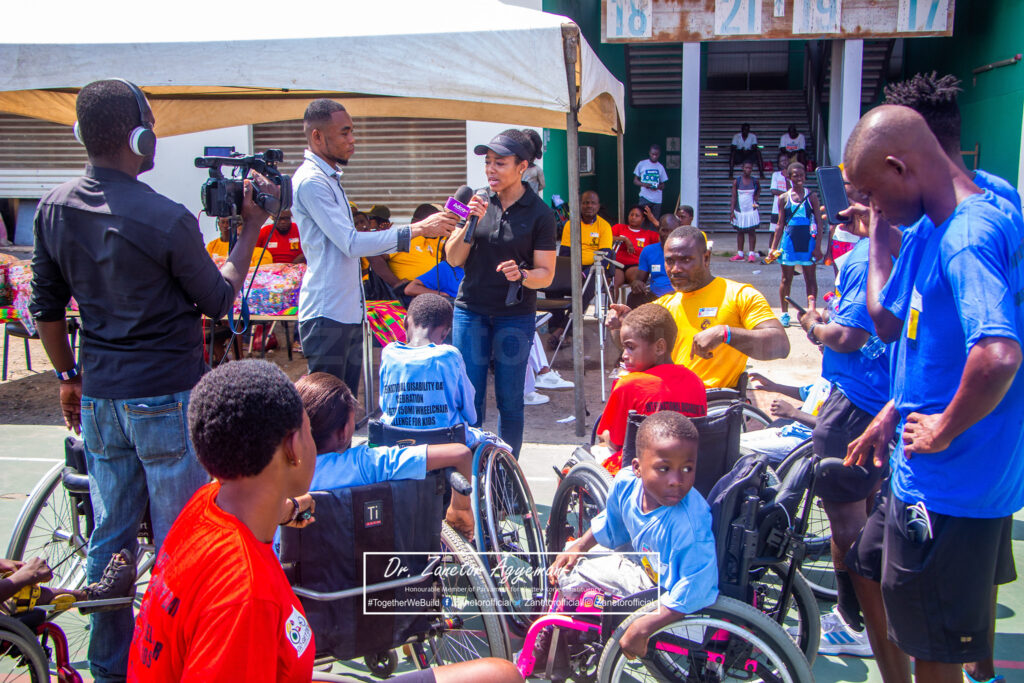
The Disability Act
She said the Disability Act made provision for the establishment of a National Council on Persons with Disability (NCPD) to implement and coordinate the disability policy but the council had been highly under resourced to do its work.
She said 13 years after the passage of the Persons With Disability Act, 2006 (Act 715) in 2006, a number of public facilities remained inaccessible to PWDs even though the law enjoined the state and owners of public places to make them accessible to them.
“Our public transport system also does not have facilities to support persons with disability,” she lamented.
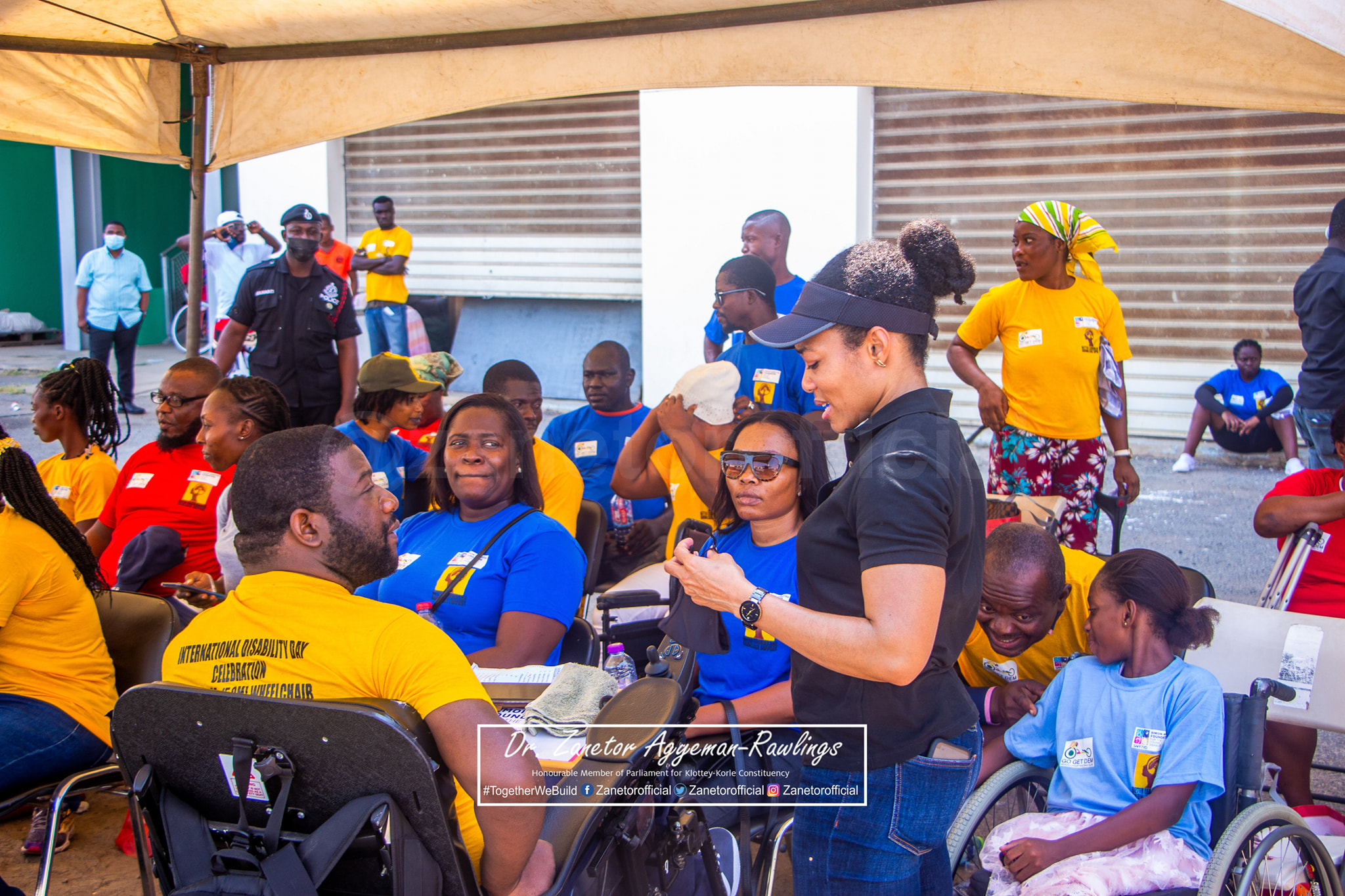




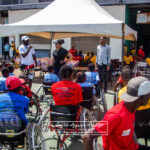


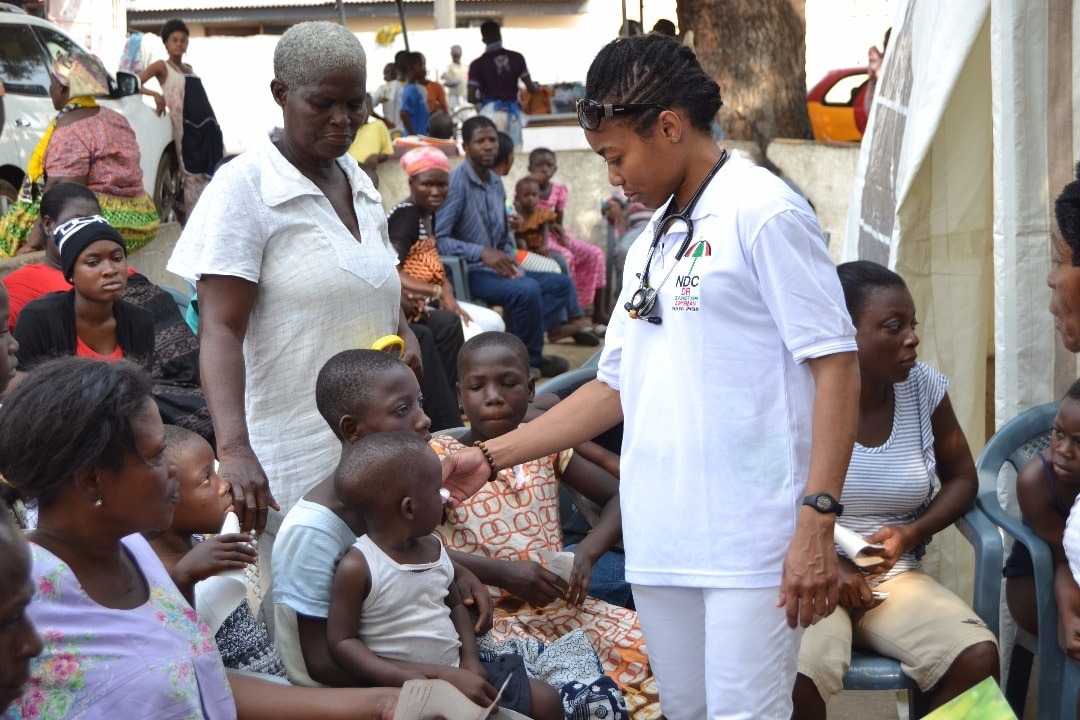
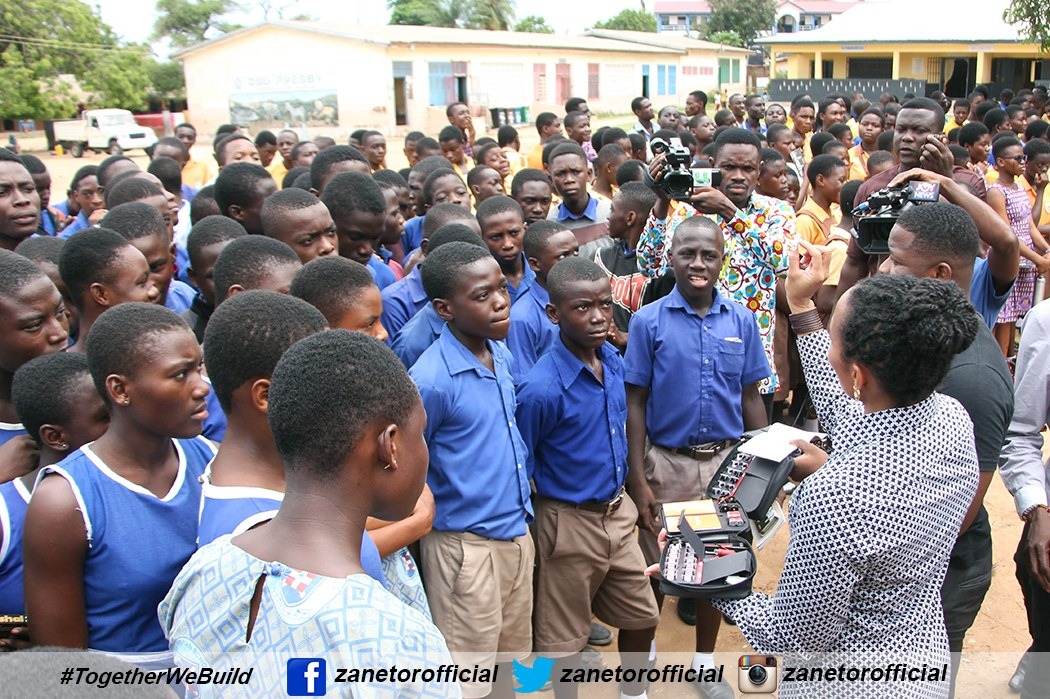
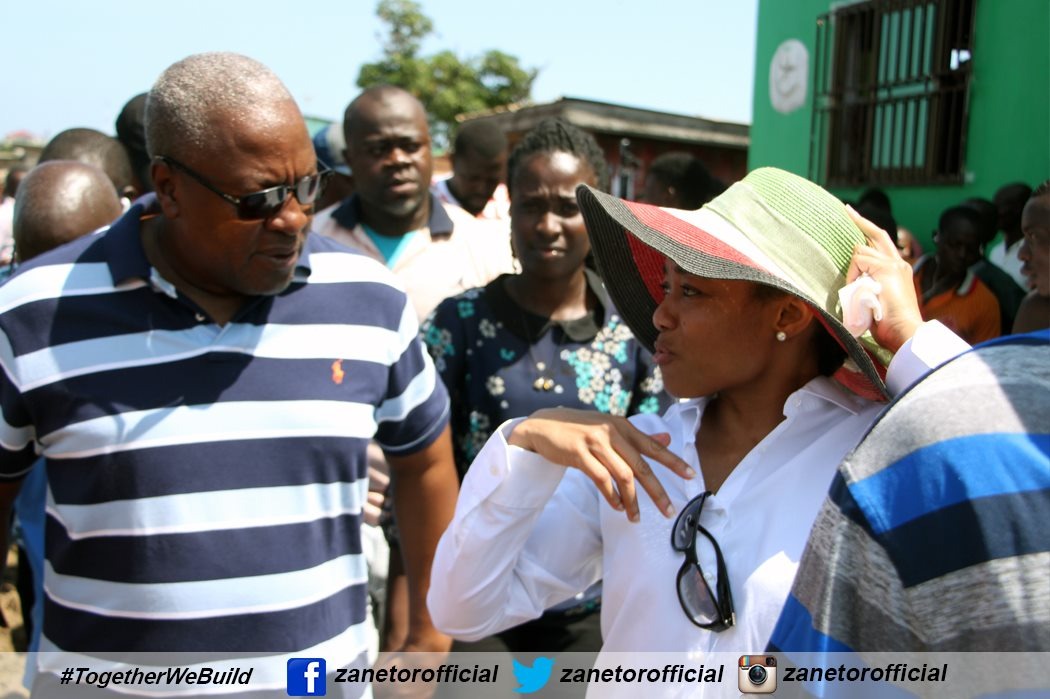





Leave a Reply